Article and Information courtesy of the Epilepsy Foundation of America. Visit their website to learn more.
What to do about the medical use of marijuana (cannabis) as a potential treatment for a number of neurologic conditions, including epilepsy, is a hotly debated issue. There are legal issues surrounding access to cannabis, as well as a lack of scientific research on the usefulness and safety of marijuana as a treatment for seizures. Additionally, many different substances containing cannabis are being used which makes it difficult to study.
What is medical marijuana or cannabis?
Marijuana is known by many names; the most common is cannabis. This is the Latin name used most often by botanists and pharmaceutical companies. The word marijuana usually refers to the leaves and female flowers of the cannabis plant. Cannabinoids are substances in cannabis that act on cells in the body (called cannabinoid receptors) to cause some effect. Two major ingredients include:
- Tetrahydrocannabinol, or THC, causes the psychoactive effects of “getting high.”
- Cannabidiol, or CBD, does not cause psychoactive effects but has shown some positive effects on certain body systems and may potentially affect seizures.
Does cannabis help seizures?
Evidence from laboratory studies, anecdotal reports, and small clinical studies from a number of years ago suggests that cannabidiol, a non-psychoactive compound of cannabis, could potentially be helpful in controlling seizures. However, there are conflicting reports in the literature. So far, scientifically controlled studies have not shown definitive proof of the effectiveness and safety of marijuana or cannabis in epilepsy. For example, in 2012, a literature review of clinical studies on cannabinoids for epilepsy could not give a reliable conclusion about the effectiveness of four randomized controlled trials of cannabidiol. Yet in the 48 people included in these reports, no side effects were noted. Conducting studies can be difficult as researchers have limited access to marijuana due to federal regulations and even more limited access to cannabidiol; there are also increased financial and time constraints.
Individual reports of children with refractory (or intractable) epilepsy who have tried cannabis, usually with high ratios of cannabidiol to THC, have reported marked improvements in seizure frequency, including a report describing the results of Charlotte, a girl with Dravet syndrome.
Cannabidiol (CBD): Recently, there have been some open-labeled studies in the U.S. of Epidiolex (a drug derived from cannabidiol or CBD), which is produced by a pharmaceutical company (GW Pharmaceuticals). Epidiolex is a purified, 99% oil-based extract of CBD that is produced to give known and consistent amounts in each dose. The U.S. Food and Drug Administration (FDA) has given some epilepsy centers permission to use this drug as “compassionate use” for a limited number of people at each center. Such studies are ongoing for difficult epilepsies such as Lennox-Gastaut syndrome (in children and adults) and Dravet syndrome in children.
Results from 213 people who received Epidiolex (99% CBD) in an open label study (without a placebo control) were presented at the American Academy of Neurology, April 22, 2015 in Washington DC. Data from 137 people who completed 12 weeks or more on the drug were used to look at how helpful or effective the drug was. People who received the Epidiolex ranged from 2 to 26 years old with an average age of 11. All had epilepsy that did not respond to currently available treatments – 25 or 18% had Dravet Syndrome (DS) and 22 or 16% had Lennox-Gastaut Syndrome (LGS).
- Seizures decreased by an average of 54% in 137 people who completed 12 weeks on Epidiolex.
- Patients who had DS responded more positively with a 63% decrease in seizures over 3 months.
- This improvement in seizures lasted through 24 weeks on the Epidiolex, more often for people with DS than without DS.
- In 27 patients with atonic seizures (which are commonly seen in people with LGS as well as other types of epilepsy), the atonic seizures decreased by 66.7% on average.
- The responder rate (the number of people whose seizures decreased by at least 50%) was also slightly better in patients with DS (about 55% at 3 months) as compared to patients without DS (50%).
- People who were also taking the anti-seizure medication Clobazam (Onfi) seemed to respond more favorably to the Epidiolex with a greater improvement in convulsive seizures than in patients who were not taking Clobazam. The authors suggested that an interaction between Clobazam and Epidiolex may play a part in the differences seen.
- 14 people withdrew from the study because the drug was not effective for them.
A controlled study on on Epidiolex involving many epilepsy centers is now being done that will compare children with Dravet syndrome or Lennox-Gastaut syndrome taking the active drug with children not receiving the drug.
Does cannabis have side effects?
Marijuana or cannabis in general has a number of effects depending on how it is ingested. For example, if smoked, the risk factors associated with smoking apply to marijuana. Side effects of the preparations used to treat seizures have not been well documented in anecdotal reports as varying doses and strains have been used. Increased appetite and memory problems have been reported.
Cannabidiol (CBD): The open-labeled study discussed above (presented at the Academy of Neurology, April 22, 2015, Washington DC) included safety data from 213 patients at 11 different sites. Epidiolex (99% CBD) was generally well tolerated. Side effects that occurred in 10% or more of people included: sleepiness (21%), diarrhea (17%), fatigue (17%), and decreased appetite (16%).
- 10 people (5%) stopped treatment with Epidiolex due to side effects, though 3 of these people restarted it.
- Most side effects were described as mild or moderate and went away.
- Serious side effects happened in 52 people – 22 of these were possibly related to the drug. The most common serious possible side effect was status epilepticus, when a person has long or repeated seizures. While 2 people died while taking Epidiolex, the deaths were not thought to be related to the drug.
Some children required a change in seizure medication to lessen sedation or sleepiness. Interactions between Epidiolex and certain seizure medications causing changes in blood levels of seizure medications were found in small numbers of people in an earlier report of this study.
It is difficult to assess the side effects of Epidiolex (99% CBD) and other safety concerns until larger studies using a control group are done. Other side effects could occur that are simply not known yet to practicing physicians. This and confirming efficacy is why rigorous clinical trials are needed.
What are the laws governing medical marijuana?
A number of states in the U.S. have laws allowing cannabis to be recommended and dispensed to people for medical reasons. However, this does conflict with some federal laws and there are further complications for research on marijuana due to federal restrictions. This can mean physicians who choose to follow the state laws on medical use of marijuana could be breaking a federal law. Some states have acted to include protections for physicians, but they must be aware of both federal and state laws and the potential implications. A clearer understanding of the laws governing this issue is needed.
Should a person with epilepsy pursue medical marijuana if all other medications do not work?
When conventional treatments do not work, as is the case for roughly 30% of people with epilepsy, it is not unreasonable to consider cannabis. This is why some states have approved it for “compassionate access.” However, this should only be considered after a thorough evaluation at a specialized epilepsy center and once conventional treatments (pharmacologic and nonpharmacologic) have been reasonably tried.
The Epilepsy Foundation urges anyone exploring any treatment for their epilepsy, as permitted under their state law, to work with their treating physician to make the best decisions for their own care.
What is the position of the Epilepsy Foundation on cannabis?
Learn more about the Epilepsy Foundation’s advocacy efforts on medical marijuana (cannabis) and compassionate access in the federal and state governments, including a statement from President and CEO Phil Gattone & Board Chair Warren Lammert and commentary from Dr. Orrin Devinsky.


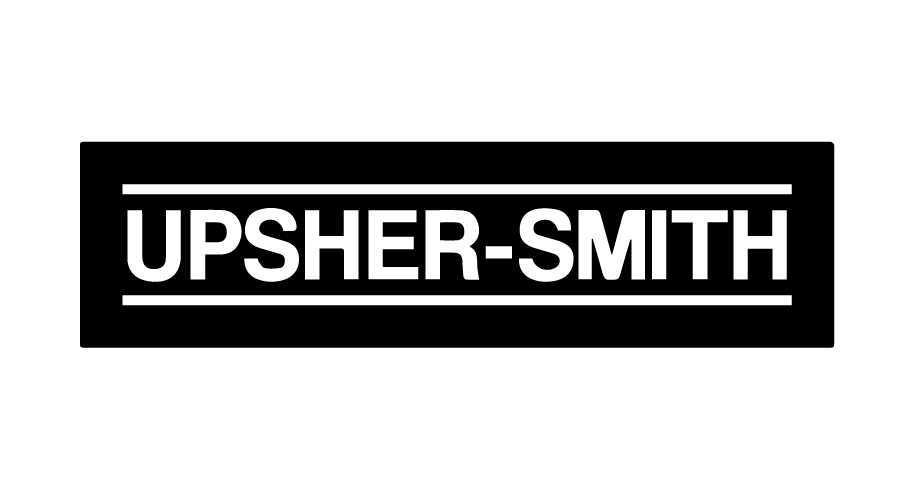
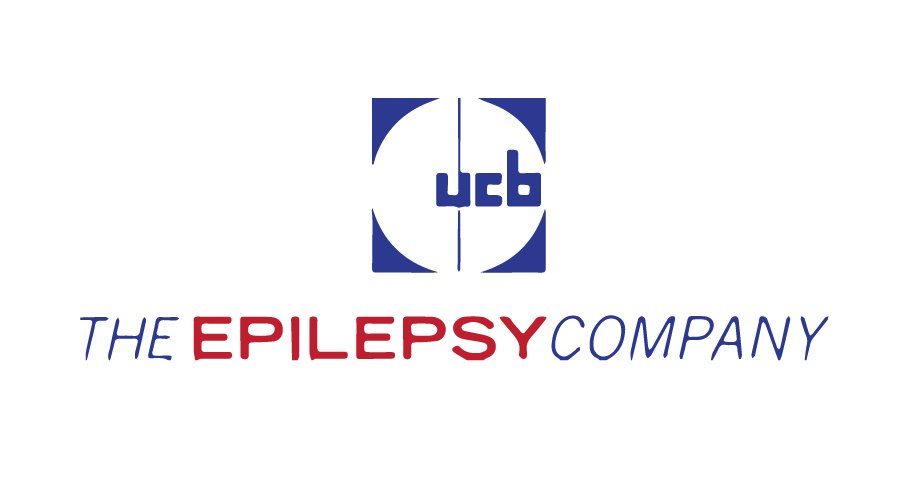

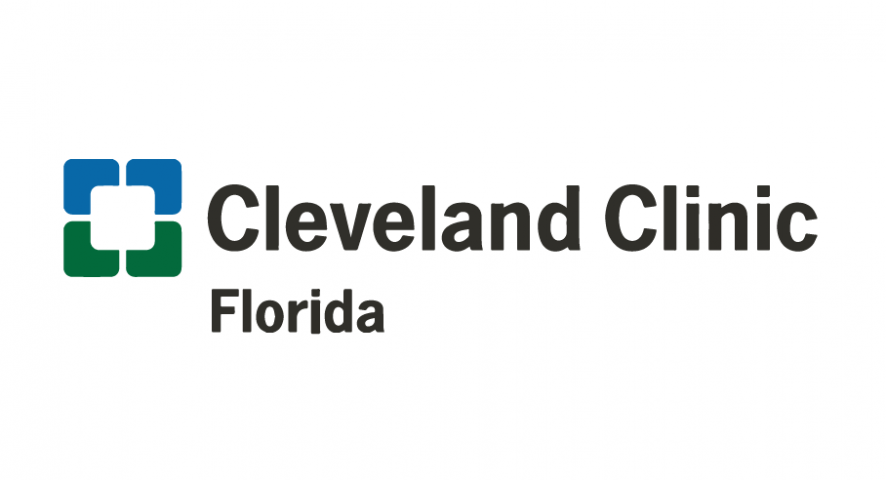

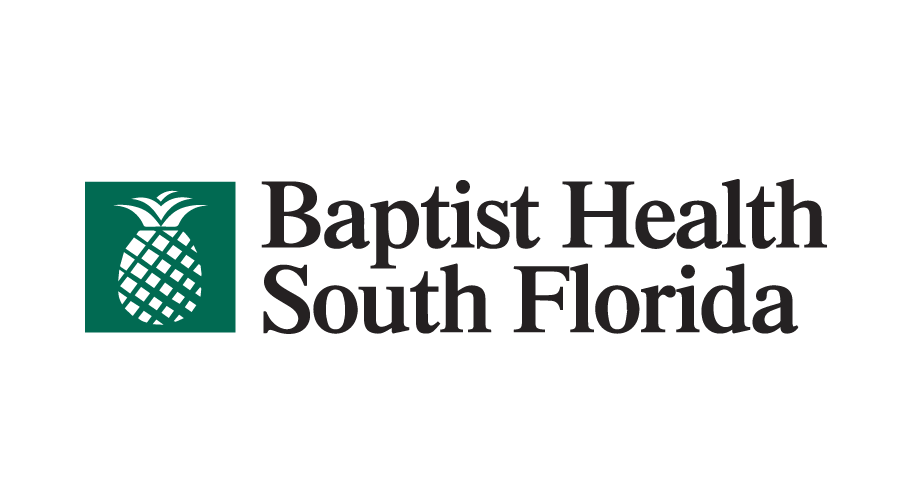
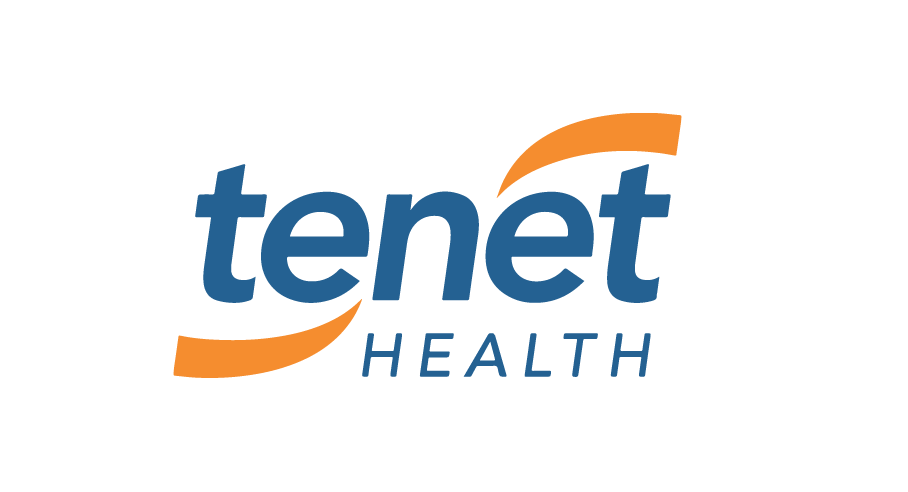
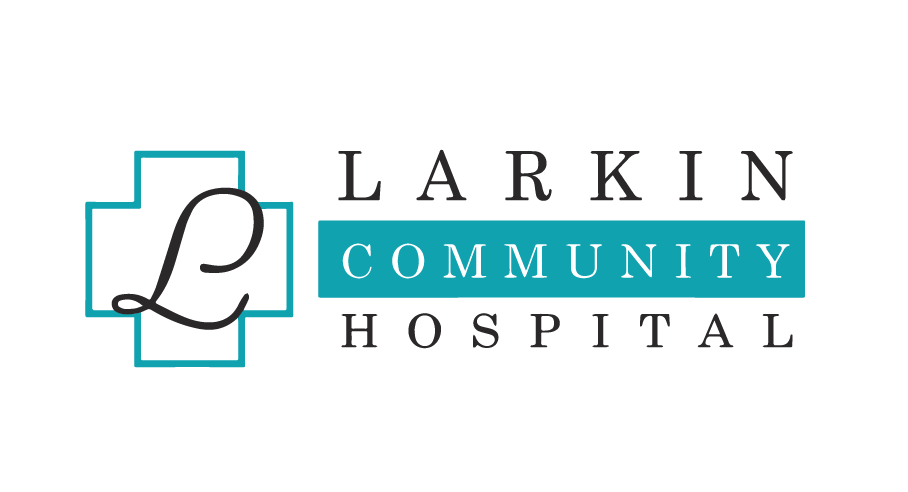
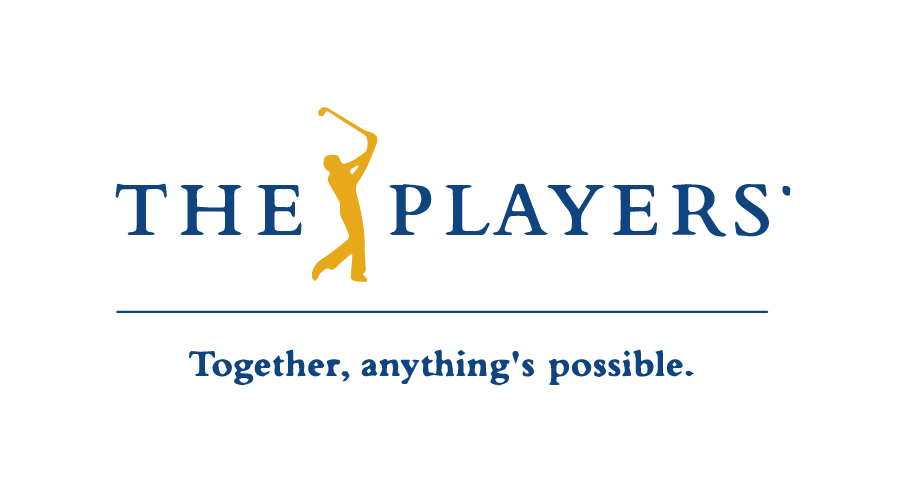



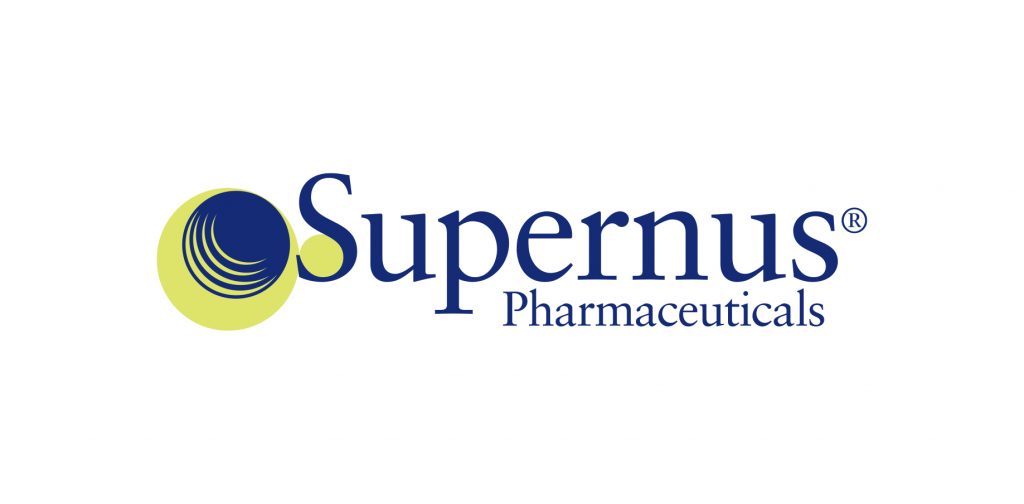
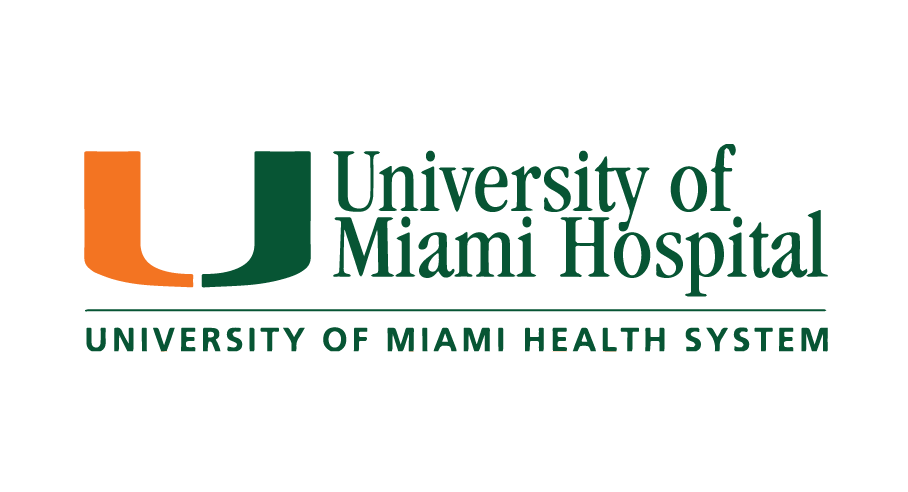

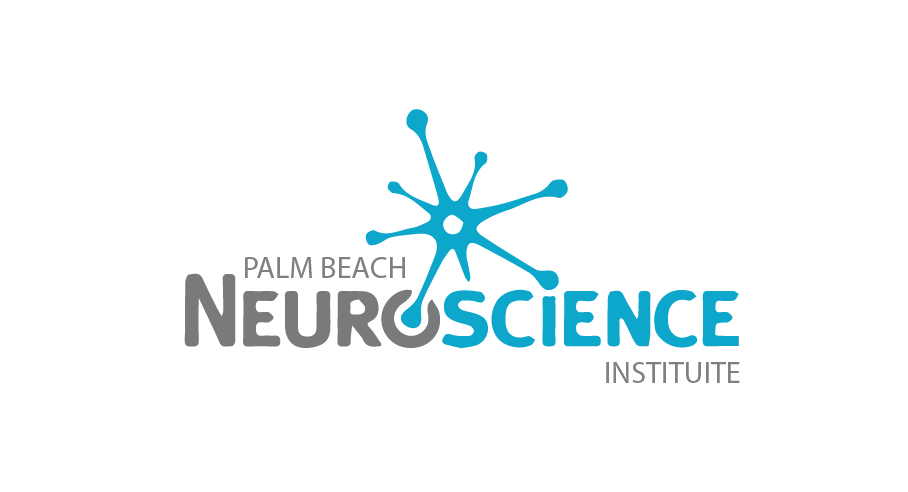

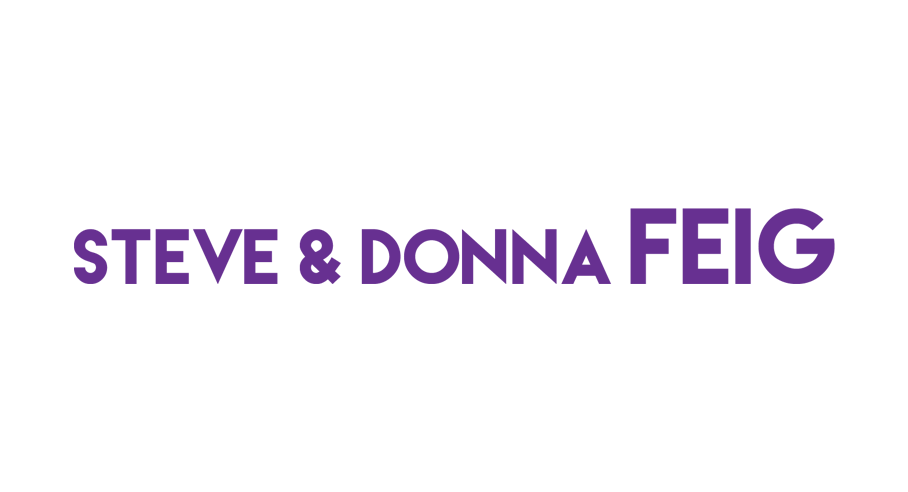
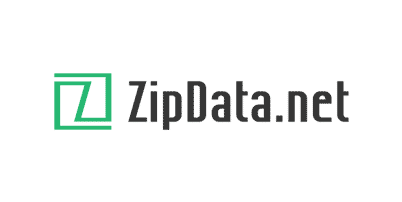
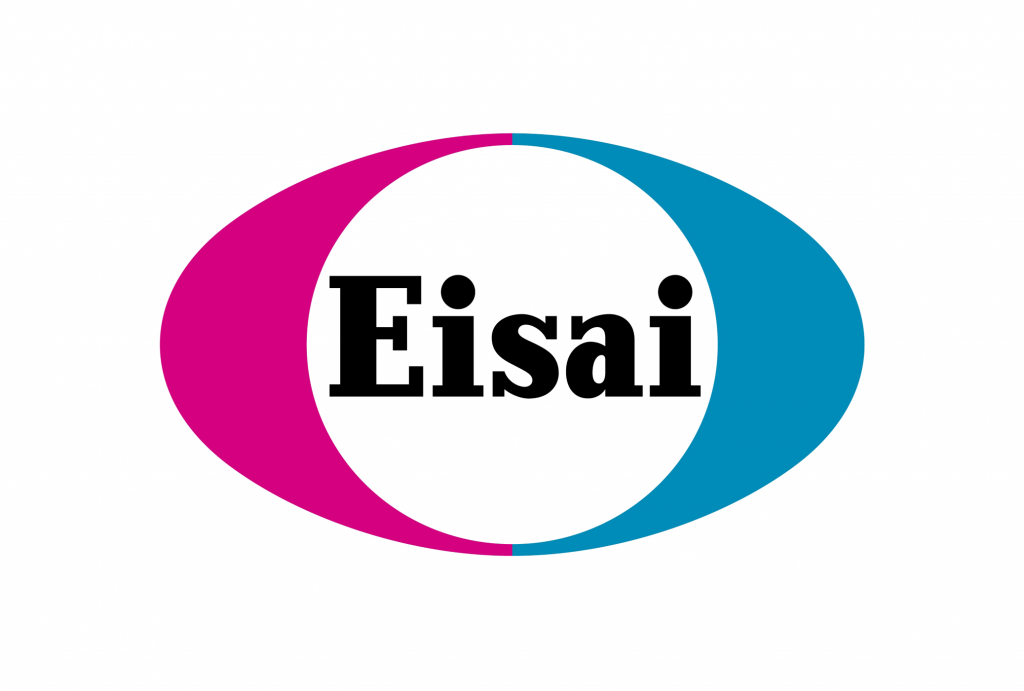
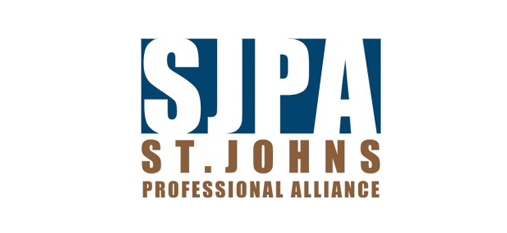
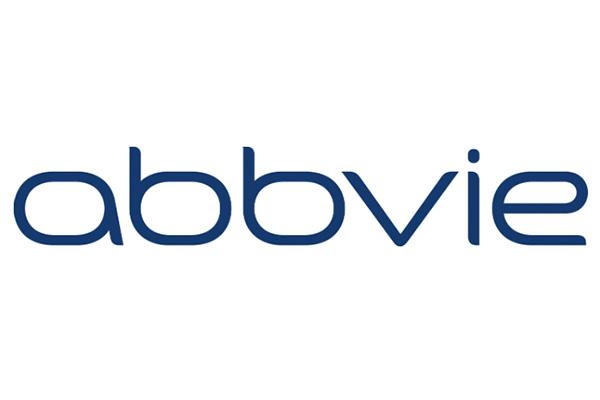
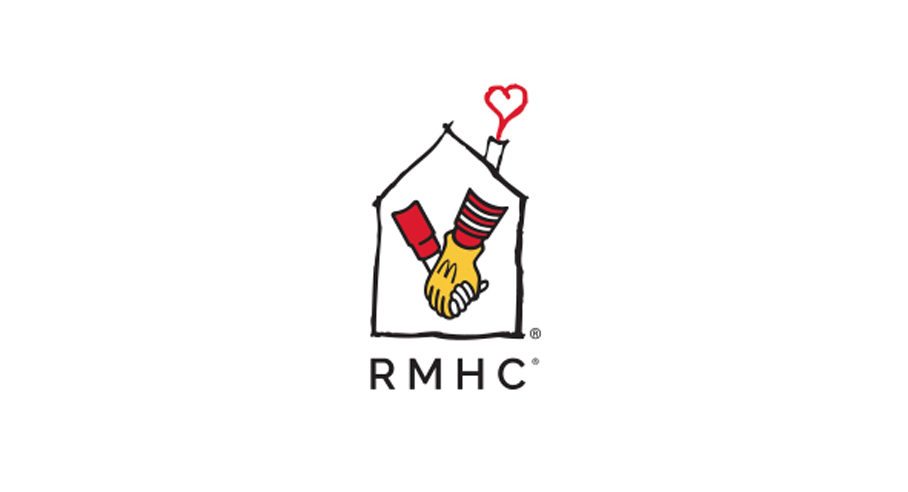
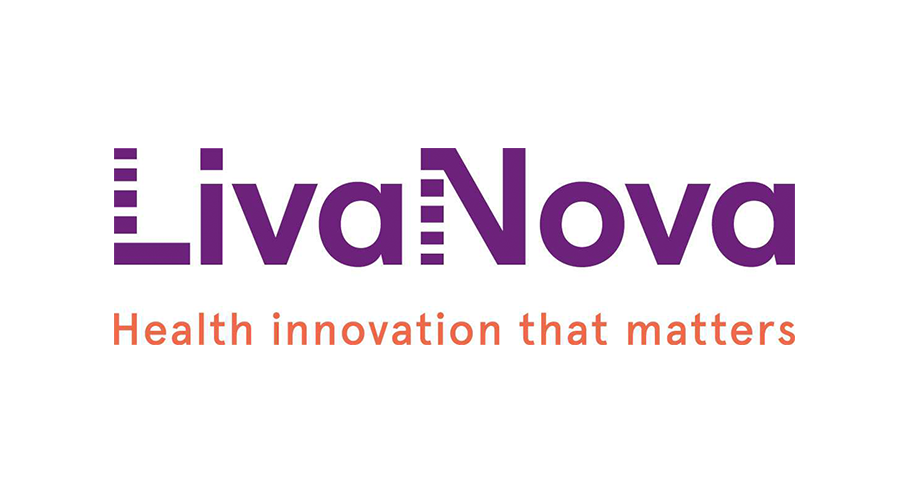

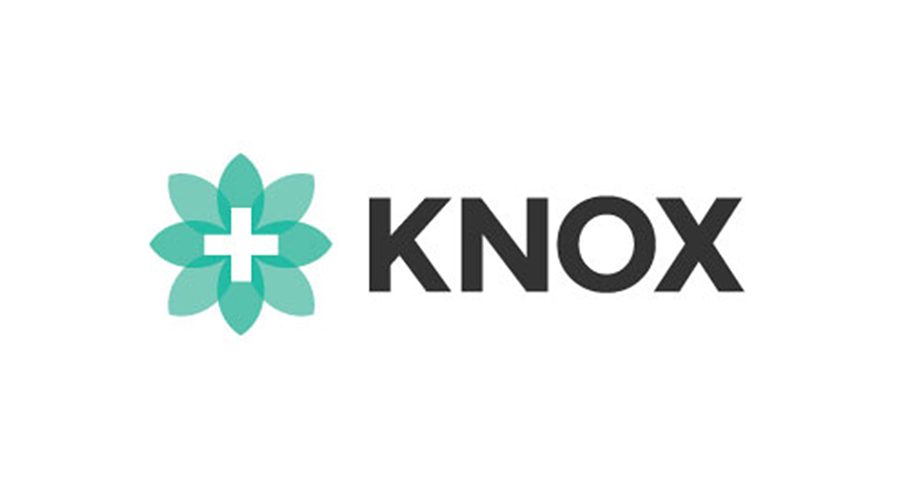

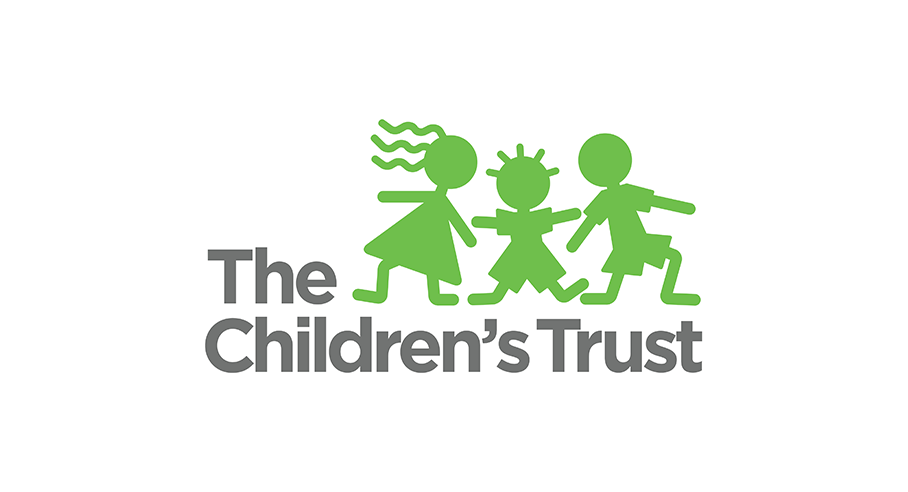


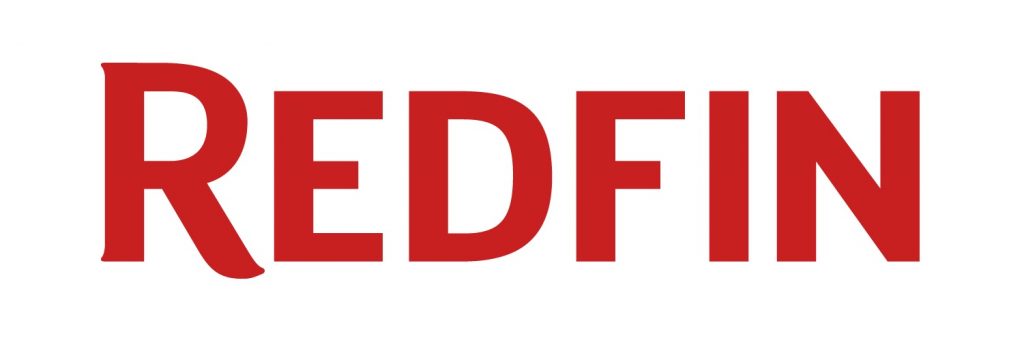
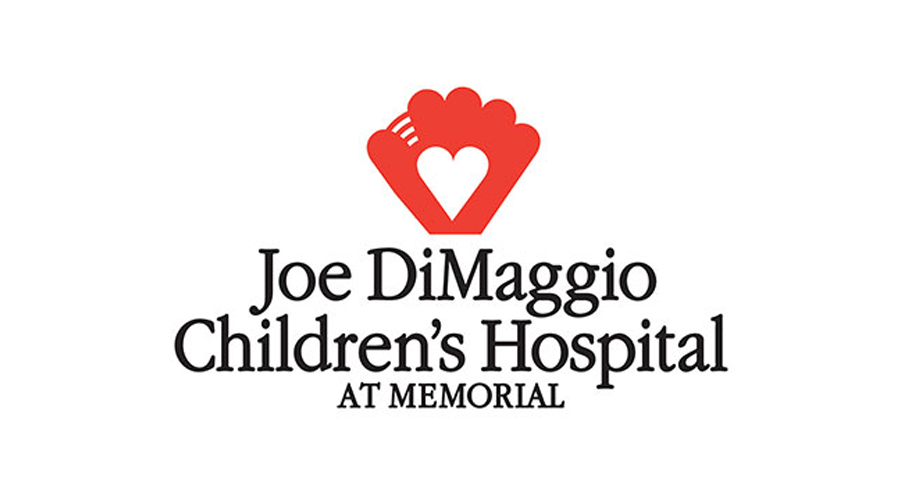
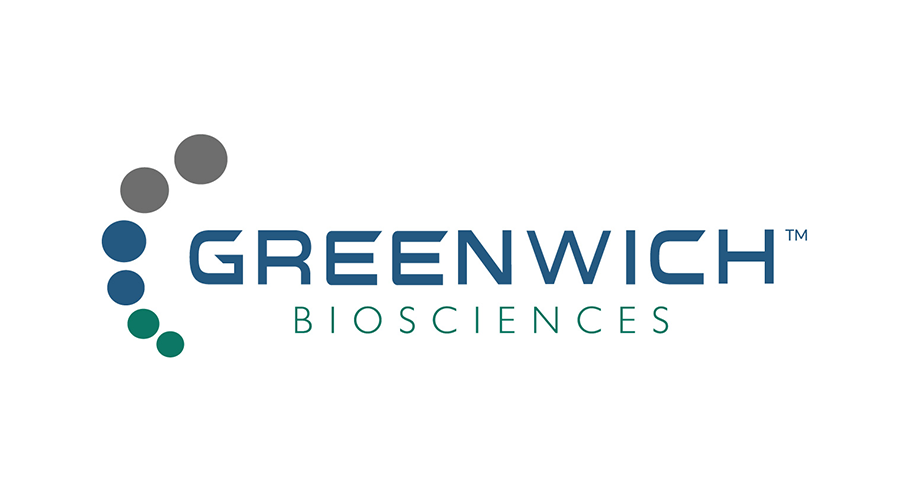
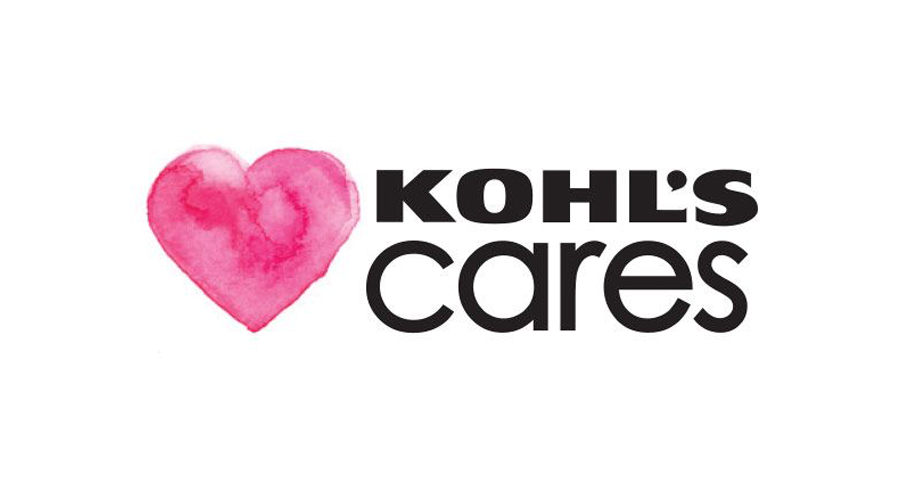
Post a comment